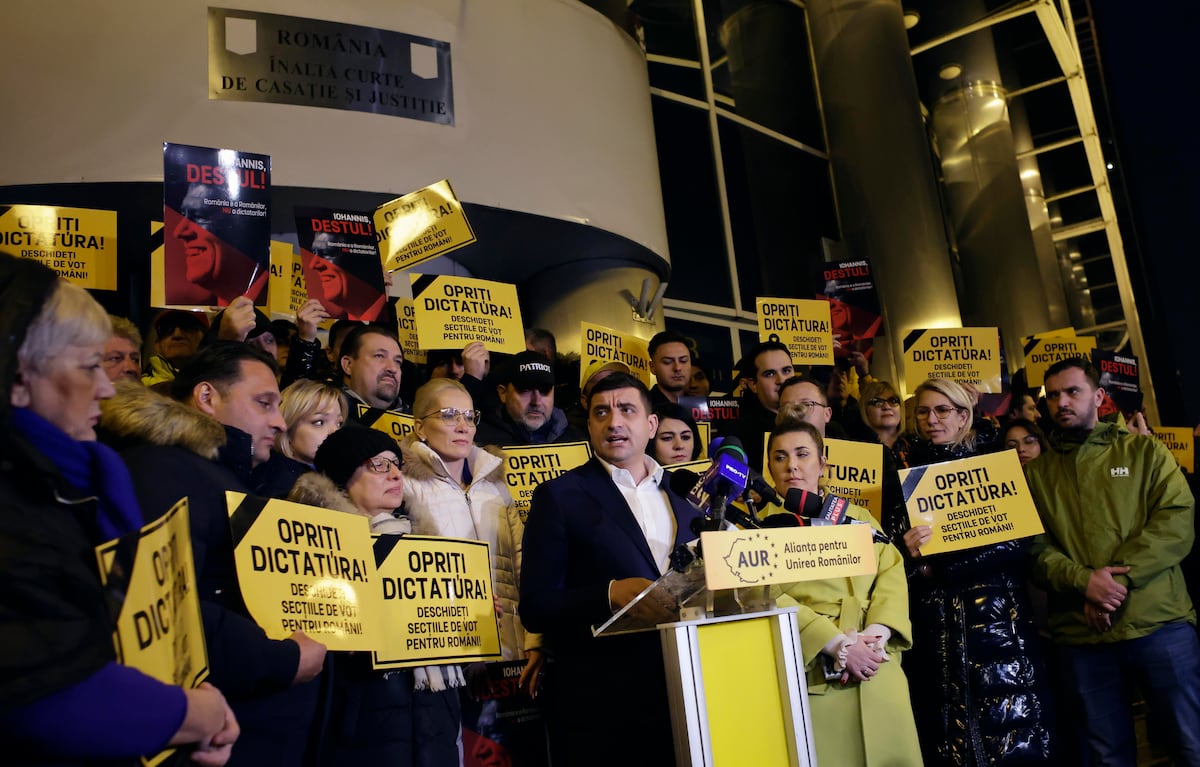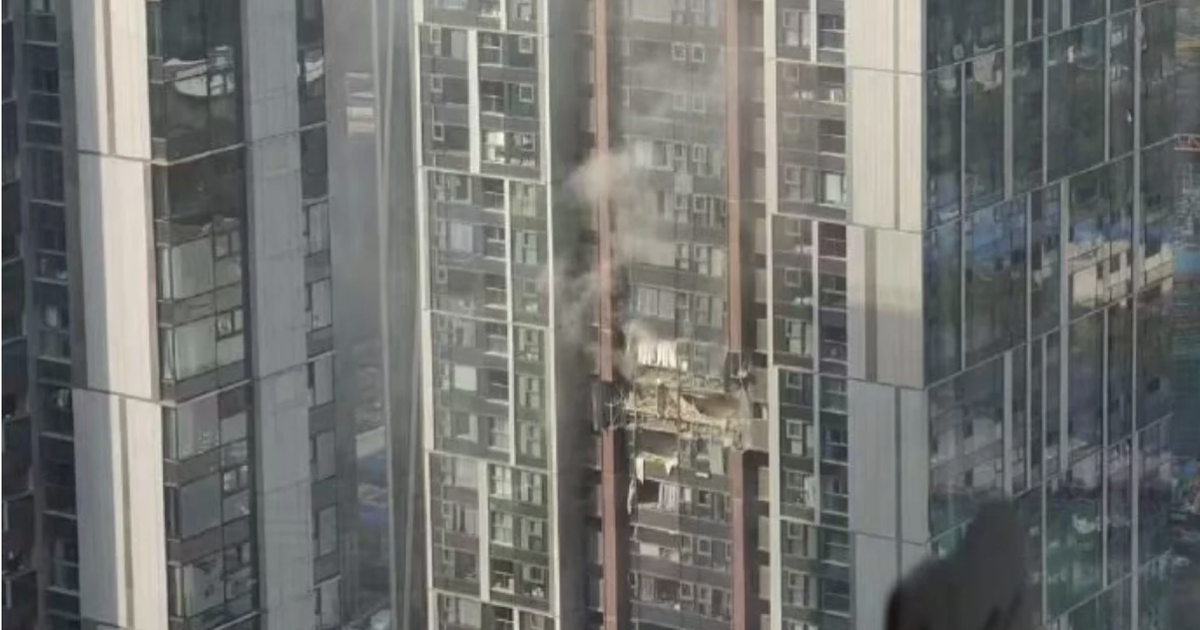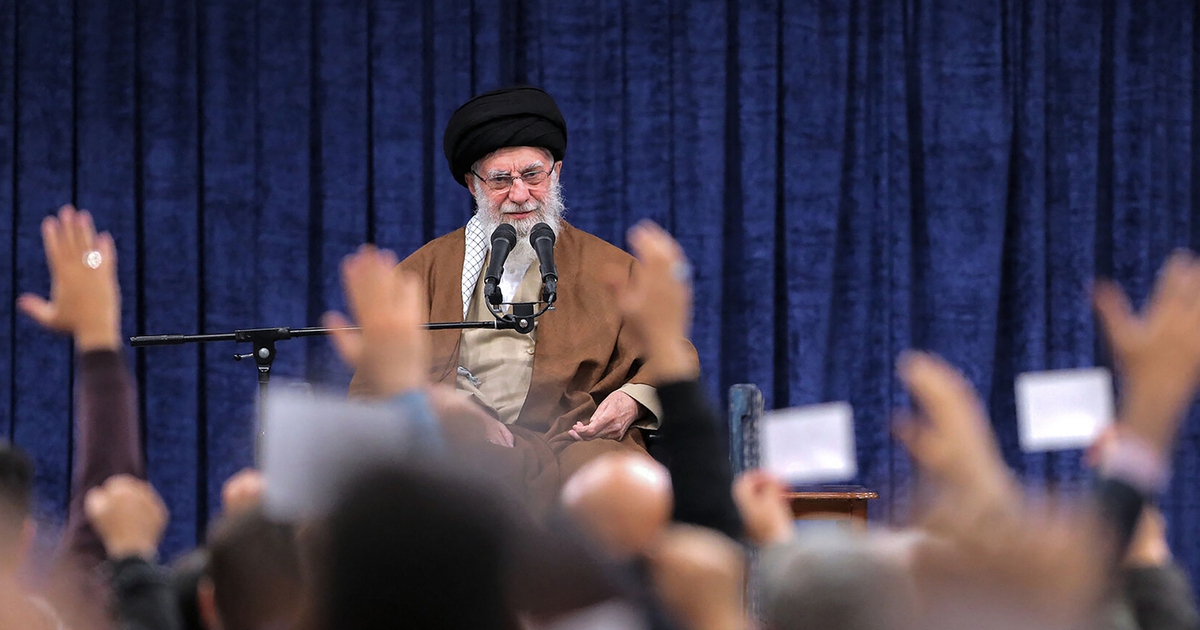Nothing is usually brief when it comes to the French public administration and the story behind its legislation. The complexity and urgency of the moment, however, requires concision. In this way, a lightning Council of Ministers met this Wednesday to “guarantee the continuity of national life”. After the motion of censure that made it impossible to adopt a budget for 2025, the “special law” presented to the ministers meeting for the first time since their collective resignation has the sole objective of preventing the State and Social Security from being left without the capacity to action from January 1, 2025.
The law, which cannot replace the future budget, allows the paralysis of the Administration to be avoided. Urgently, organize the provisional financial functioning of France until formal accounts are voted on. France has only faced a special law of this type in 1979. And as then, the wording of the first article will authorize the Government to “continue collecting existing taxes” until the budget is approved. The following two articles will allow the State to resort to debt, and Social Security to do the same, increasing the debt ceiling of the Central Agency of Social Security Organizations.
The rule – which will fundamentally allow taxes to continue to be collected – is being drafted while the President of the Republic tries to find an agreement with the center-right and left-wing parties to elect a new prime minister. Macron, according to the parties that met with him, assured on Tuesday that he would propose a name within 48 hours, but after the appearance this morning of the acting spokesperson for the Executive, Maud Bregeon, there does not seem to be any news. In addition, he assured that Macron had given “no indications about the moment of his decision” during the Council of Ministers this Wednesday.
One of the keys to the negotiation will be to have the positive verdict of the Socialist Party. Its leader, Olivier Faure, assured this morning that he wants “that the French are heard, that the political crisis is brief.” However, he considered: “You can’t spend your life saying no.” “Sometimes you have to move forward. My compass is the French. The first guide shows us that they voted on July 7. I want a left-wing prime minister who is open to compromise. The French gave us an advantage, but not an absolute majority. They said that Parliament had to work respecting the balances they defined. We, the left, must have the initiative, but also accept the idea that, since we do not have an absolute majority, we must accept compromises and mutual concessions.”
Macron is not clear that the socialists are going to take a step forward in that regard. In fact, the Government spokesperson, Maud Bregeon, explained upon leaving the Council of Ministers that the president “insisted on the fact that currently there is no broader base than there was for the Government [del anterior primer ministro, Michel] Barnier. And that, therefore, “it now remains to be seen whether some are willing to broaden this base or agree to a principle of non-censorship.”








